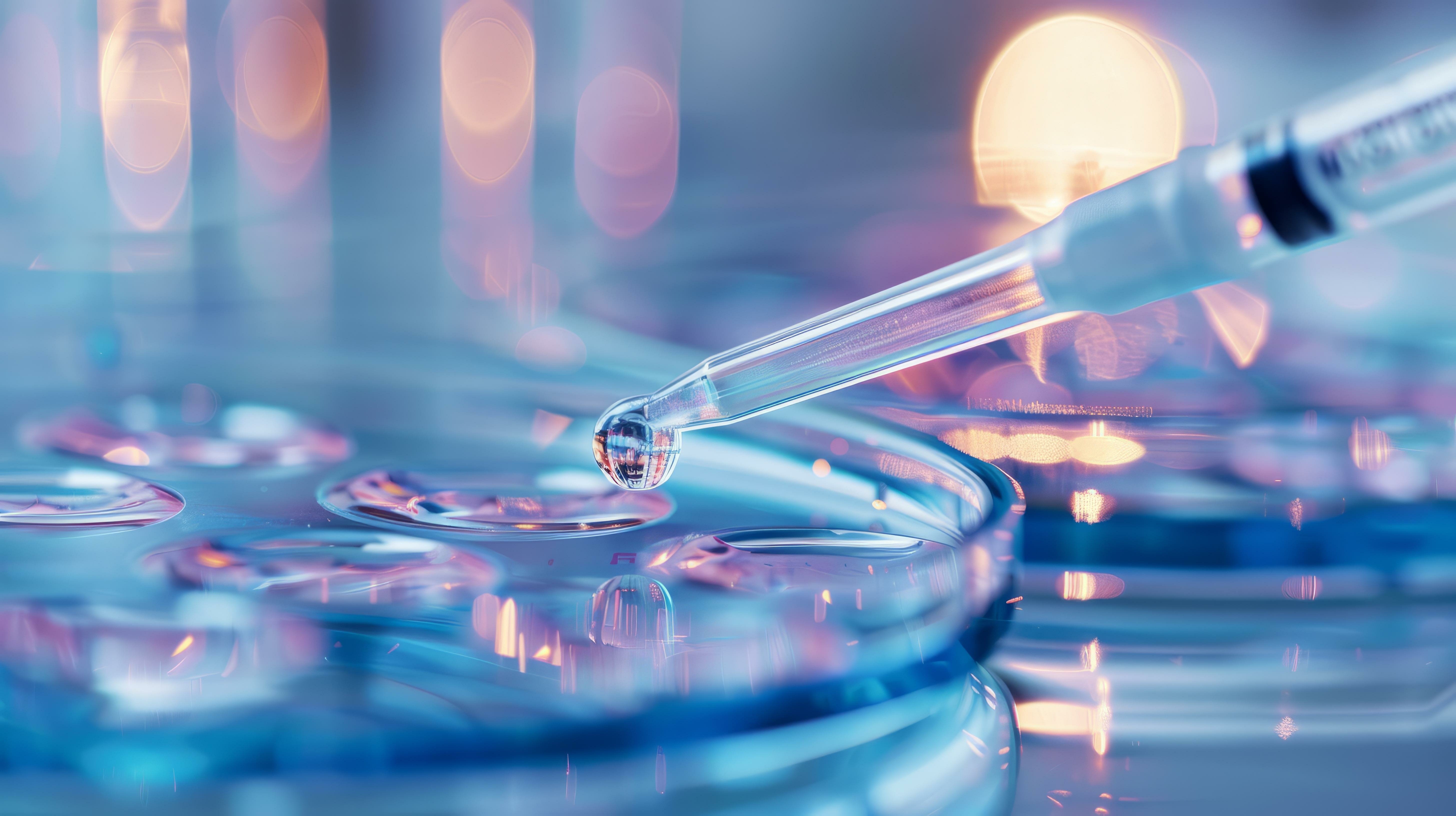Incorporating Honey Treatments
Honey is making its mark on holistic medicine. Though honey has a long medical track record, honey’s primary use for the past few decades has been as a low-sugar natural sweetener. However, modern medicine has recently “re-discovered” honey. Today doctors are finding new ways to incorporate honey into their patient care. If you or your patient are interested in natural remedies, honey should be at the top of your list. As a superfood, honey can boost immune health, prevent chronic inflammation, and more.
Antimicrobial
Honey is famous for its antimicrobial properties. Glucose oxidase, an enzyme found in honey, produces hydrogen peroxide, a well-known antimicrobial. Honey has proven effective against bacteria such as Staphylococcus aureus and Pseudomonas aeruginosa. It can even work against chronic infections. Honey stimulates immune system activity by activating phagocytes, B, and T lymphocytes.
Additionally, honey acts as a natural probiotic. Honey eliminates harmful bacteria while promoting beneficial bacteria such as Lactobacillus and Bifidobacteria. As a result, honey is a natural way to nurture a healthy gut biome.
Antioxidant
Honey’s antioxidant effect is two-fold. First, honey contains antioxidant components such as phenolic acids and flavonoids. Other components of honey include carotenes, organic acids, and the production of reactive oxygen species (ROS), all of which contribute to honey’s antioxidant effects.
Second, honey promotes antioxidant activity. One study tested the blood of ten participants before and after regular honey consumption. Over the course of two weeks, antioxidant agents in the blood had increased notably. Beta-carotene, vitamin C, and glutathione reductase levels, among others, showed a remarkable increase.
Anti-inflammatory
Honey has recently received attention for its anti-inflammatory properties. Honey reduces inflammation by suppressing pro-inflammatory agents such as inflammatory transcription factor nuclear factor kappa beta (NF-κB) and pro-inflammatory cytokines. Significantly, honey can target tissue-specific and general inflammation. A study showed that honey may be helpful in reducing edema, as it successfully suppressed the expression of NF-κB in rats with paw edema.
Targeted tissues benefit from honey’s supportive immune role as an anti-inflammatory. Unprocessed honey can also stimulate anti-inflammatory agents such as prostaglandin E2. Honey can even reduce the severity of chronic inflammatory diseases.
Treatment and Prevention
Honey’s medicinal value has made it a subject of focus for treatments and prevention. According to the National Honey Board, a USDA-backed program, there are several medical uses of honey. From the common cold to upper respiratory infections, honey is a low-cost and accessible remedy. With few side effects, honey can boost immune health, treat minor wounds, and even reduce the risk of life-threatening diseases.
Wound Treatment
Honey’s production of hydrogen peroxide makes it a viable agent against infections from mild burns and wounds. Topical administration of honey creates a physical barrier that fosters a moist local environment to promote wound healing and burn treatment. A recent review highlighted honey’s ability to heal mild burns more quickly than conventional burn treatment. It also noted honey’s positive effect on infected surgical wounds compared to traditional antiseptics.
Heart Health
With so many antioxidant and anti-inflammatory properties, honey unsurprisingly bolsters the cardiovascular system. Honey increases lipid metabolism, an essential agent against cardiovascular disease. It improves blood pressure, reduces premature ventricular contractions, and even reduces ventricular tachycardia duration. In the event of a heart attack, honey decreases the area of damage. Patients with a high risk for cardiovascular disease, heart attack, and cardiac dysrhythmia may be interested in honey as a potential supplement.
Cancer
Honey acts through several pathways to prevent cancer. First, honey inhibits cell proliferation, cell cycle arrest, and lipoprotein oxidation. It can also decrease metastasis, oxidative stress, and angiogenesis. A diet with honey increases apoptosis and suppressor gene p53, and can significantly improve mitochondrial pathways. If you approach cancer through a larger metabolic perspective, honey could become integral to your treatment plans.
Incorporating Honey Treatments
The type of honey used by your patient matters. Raw honey is much more effective than processed honey. Ideally, medicinal honey should come from organic beekeepers with minimal processing. Traces of propolis, a resin-like material used by honeybees to create honeycombs in beehives, can be found in pure honey. Propolis contains some of honey’s antimicrobial attributes. As a result, processed honey is less effective for wound treatment. Through the purification of processed honey, it may lose antioxidant properties, vitamins, and more. Raw honey is also free of added sweeteners, so it’s less likely to negatively affect blood sugar levels.
Floral source, environment, and season can also impact honey’s composition. Honey produced in New York will have different benefits than honey produced in New Zealand. For example, manuka honey is particularly effective for wound and burn treatment, while buckwheat honey has the greatest antioxidant effect. Consider these factors before administering honey as a treatment.
Lastly, make sure to discuss appropriate dietary practices with your patient. As honey is still a sugar, it should be consumed in moderation. Keep in mind that children under the age of one should avoid honey due to the risk of infant botulism.
For best results, develop a plan for tracking the effect of honey on your patients’ health.
Premier Testing for Patient Care
Blood testing allows you to monitor your patient’s health and wellness at a microscopic level. With AML’s wellness health panel, you can track the efficacy of honey treatments. After our team of experts receives the sample, they will return the results in 24 hours. Access Medical Labs offers specialty testing services, allowing you to spend more quality time with your patients and less time on labs. Register today for convenient and efficient diagnostic services.
You May Also Like
These Related Blog Posts

Impact of Exercise on Sleep Quality

Important Health Biomarkers Found in Saliva


